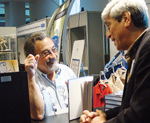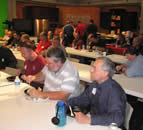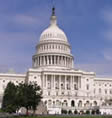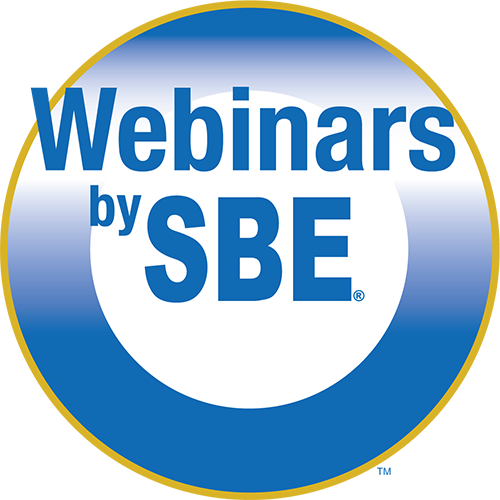Creative Strategies for Translators and Boosters
Instructional Method: Online, On-Demand Webinar
Overview
Referencing real life examples of creative translators and boosters now on the air, this webinar describes how AM day stations can be programmed at night by using fill-in translator, translator location hopping move-ins to larger populations and translators with HD2 or HD3 primary signal inputs. Basic translator rules for NCE and commercial frequencies are covered, in addition to how operators can optimize translator coverage. Examples of synchronous boosters that are working well today are also provided.
The new LPFM rules also impact translators. This webinar explores how, in the case of mutually exclusive translator applications, the FCC plans to award an LPFM construction permit in place of the translator applications, and how this decision to do so will be based loosely on what the FCC defines as local needs.
Who Should Attend
Engineering directors, CEOs, general managers, operations managers, chief engineers, RF engineers and any students of broadcast engineering interested in learning more about the use of translators and boosters.
About Your Instructor - Doug Vernier, CPBE 
Doug Vernier, CPBE, has been a member of SBE since 1990 and has been in broadcasting for more than 35 years. He is president of V-Soft Communications, LLC, which is the largest provider of broadcast communications propagation software in the U.S. and Canada. Its software is widely used by the majority of professional broadcast engineering consulting firms in the U.S. Its allocations software is used by the Federal Communications Commission and Industry Canada's broadcast regulatory division on a daily basis for primary regulatory purposes. Vernier is also CEO of Telecommunications Consultants, which provides broadcast engineering consultative services to a wide variety of public radio, TV and commercial stations throughout the U.S.
In addition to his industry experience, Vernier has written and spoken for many publications and groups, including authoring the chapter on Radio Frequency Propagation, National Association of Broadcasters NAB Handbook 10th edition and several major page white paper technical articles for Radio World Engineering Extra. He spoke at the NAB Radio 2006 Technical Sessions on IBOC Coverage and Interference Issues and the SBE Engineering National Meeting and Midwest Broadcasters Clinic, Madison, WI, in 2002, 2004, 2006 and 2007 on Broadcast frequency allocation issues, for FM, TV and DTV including IBOC interference issues. He was a regular speaker at the Public Radio Engineering Conferences from 2000 to 2011.
What Past Attendees Thought
"I cannot tell you how much I appreciated this webinar. Thanks Doug for doing this and providing such useful and important insight on this new "currency" in the fm band."
"Doug is a great engineering resource and I'm glad he did this webinar. I hope he considers additional presentations on similar topics."
SBE Recertification Credit
The completion of this webinar from Webinars by SBE qualifies for 1 credit, identified under Category I of the Recertification Schedule for SBE Certifications.
Registration and Pricing
This webinar is approximately 1 hour 25 minutes long.
SBE Members: $62
SBE MemberPlus FREE
Non-Members: $92
More information about registering using the SBE MemberPlus benefit
The Broadcast Infrastructure Cybersecurity series, like all new SBE webinars presented in 2020, are included at no additional cost for members who renew or join using the $175 SBE MemberPlus membership option. You get all four Cybersecurity modules, plus access to all archived SBE webinars and any new live webinars SBE presents through March 31, 2021, all for no extra cost. Members can renew and newcomers may join online at the SBE website using the SBE MemberPlus option.
Access to the SBE webinars through the SBE MemberPlus program is limited to the MemberPlus-purchaser only. You are not permitted to distribute, sell, copy, share, project or otherwise make the webinars available to any other individual or group without express written permission by the SBE.
Questions?
If you have questions regarding this webinar, contact Cathy Orosz via email or by phone at 317- 846-9000.










